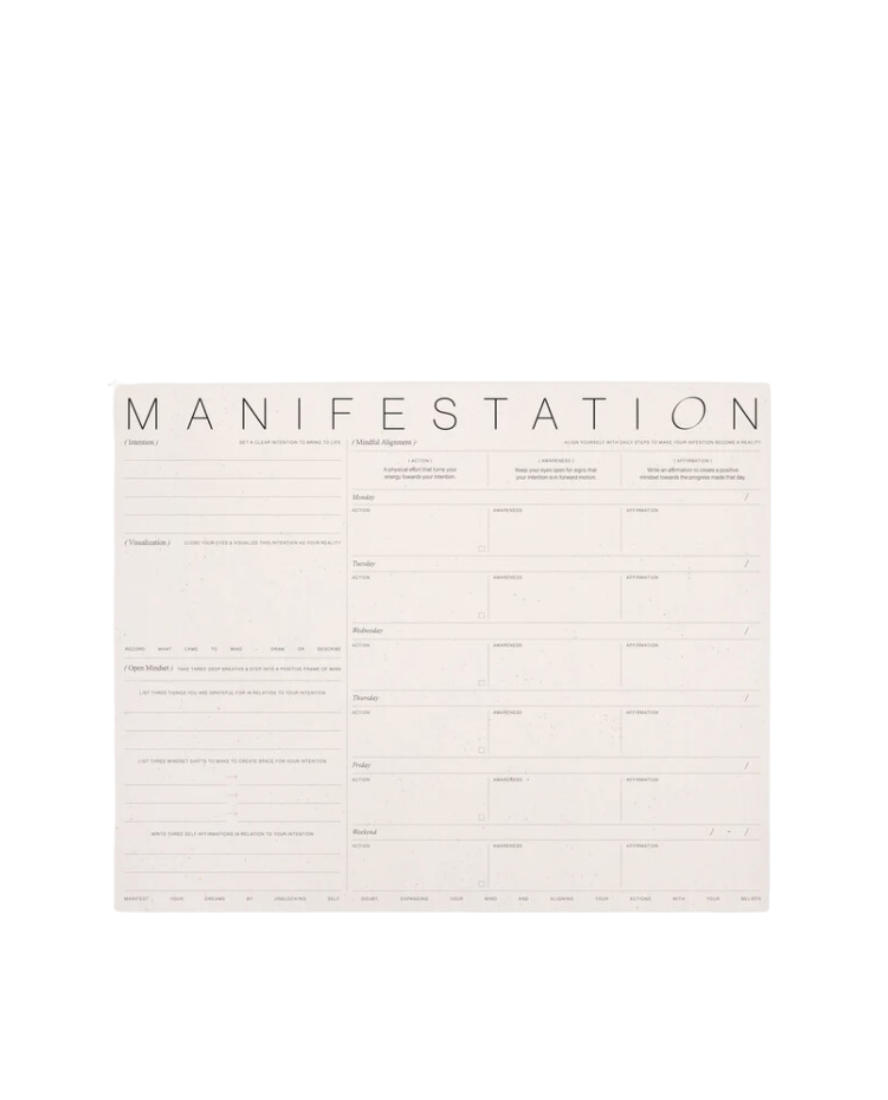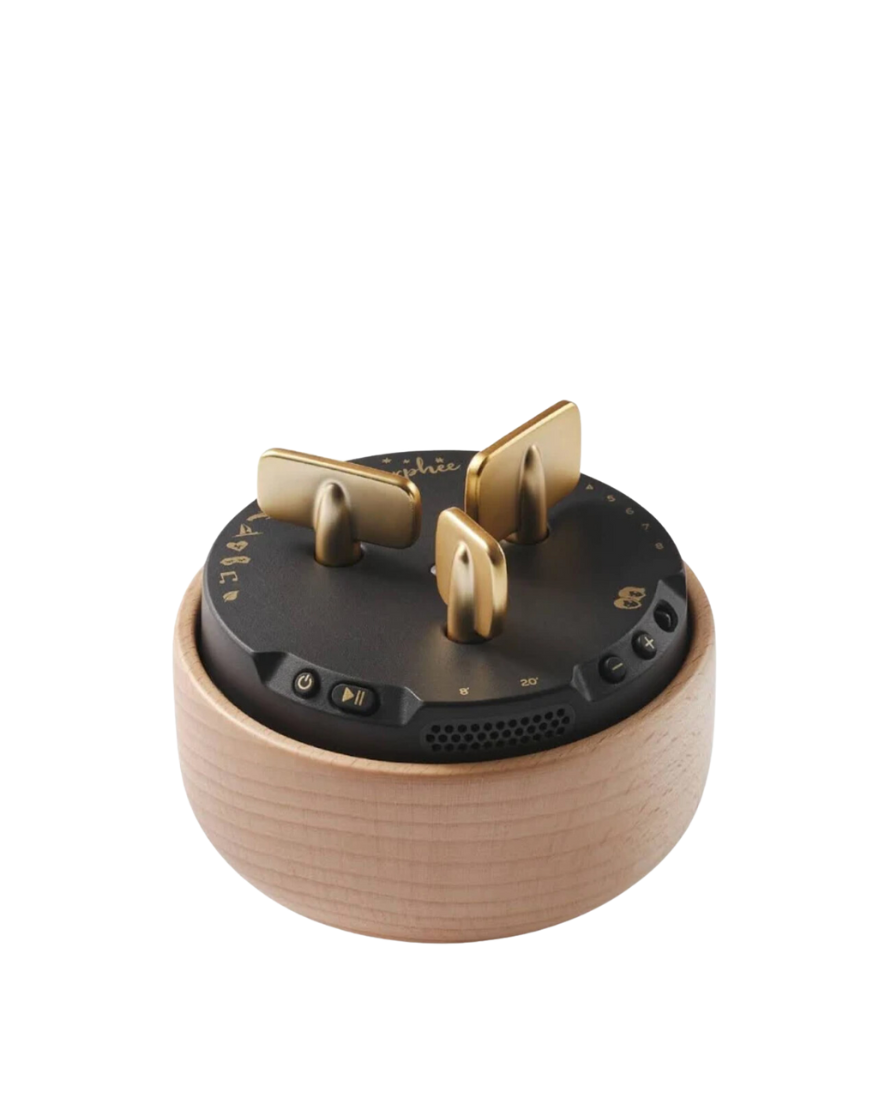EMDR therapy is suitable for children and adults alike, and it can be offered alongside other forms of therapy as well as on its own. It will usually begin with a full evaluation of the patient’s wellbeing and needs, after which the therapist will determine the right course of action and length of treatment.
EMDR therapy is primarily known for its effectiveness when it comes to treating trauma and PTSD, but its efficacy is actually way more wide-ranging than you’d think. In addition to being a safe and worthwhile method for addressing stress, anxiety, depression, phobias and chronic pain, it can also have a positive effect on patients suffering from obsessive-compulsive disorder (OCD), attention deficit hyperactivity disorder (ADHD), personality disorders and neurodegenerative disorders.
EMDR therapy can also be used to help support anyone who is dealing with the death of a loved one, fighting a form of addiction, mood or eating disorders, as well as patients experiencing a wide range of debilitating medical conditions such as burn injury, hallucinations, psychosis, sexual dysfunction, and sleep disorders. The list goes on, and on, and on!



















